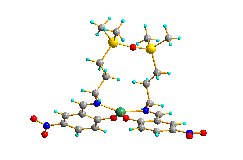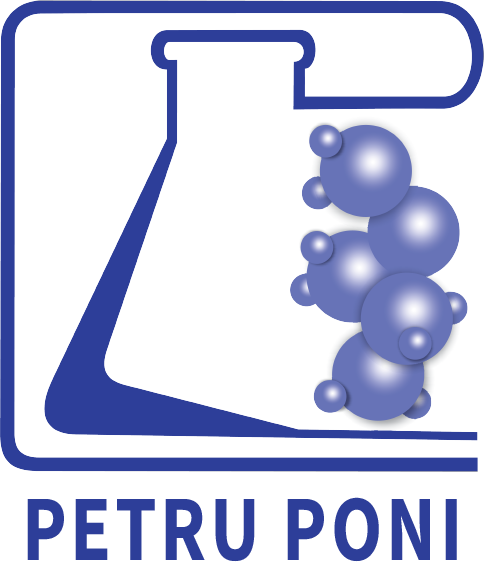Scientific report 2024
STAGE III (2024): PREPARATION AND CHARACTERIZATION OF SILICONE COMPOSITES WITH DIELECTRIC ELASTOMER PROPERTIES-CONTINUATION OF STAGE II
Stage activities:
Act 3.1 - Identification of parameters that lead to an optimal balance between dielectric and mechanical properties of elastomers
Act 3.2 - Establishing structure-property correlations
Act 3.3 - Dissemination of results
All activities proposed to be carried out in Stage III of the DE-Comp project were fully carried out. The main objective of this reporting period was the preparation and characterization of silicone composites with elastomeric properties.
Act 3.1 - Identification of parameters that lead to an optimal balance between dielectric and mechanical properties of elastomers
The results obtained from the investigation of the dielectric and mechanical properties of the elastomers synthesized after the implementation of the project highlighted the following:
i) The metal complex influences the dielectric properties both by its own polarity and by increasing the degree of reticulation of the material.
ii) Increasing the amount of metal complex incorporated in the siloxane matrix leads to an increase in the values corresponding to the elongation at break, the deformation, as well as the Young's modulus.
iii) The variation of the molecular weight of the silicone polymers influences the dielectric and mechanical properties of the investigated elastomers. Thus, by choosing silicones with the optimal molecular weight, composite materials can be obtained with the desired characteristics (mechanical/dielectric properties) for the purpose of their use as dielectric elastomers.
Act 3.2 - Establishing structure-property correlations
The four classes of composite materials cross-linked by the hydrosilylation reaction at room temperature between the vinyl groups and Si-H linked to the siloxane chains, in the presence of the Karsted catalyst, were characterized using the following techniques: FTIR, EDX, TGA and DSC.
Act 3.3- Dissemination of results
The results obtained through the implementation of the DE-Comp project during the third stage of development were disseminated in the form of an article sent for publication in Polymer (Q2, IF-4,6):
The thermal behavior of silicone-based composite materials and the assessment of the gases that result from the thermal degradation process, Alina Soroceanu* , Alexandru M. Serban, Nita Tudorachi, Mihaela Avadanei.
The web page of the project was permanently updated during the third stage of the project, all the obtained results being visible at the address https://www.icmpp.ro/de-comp/ .
|



